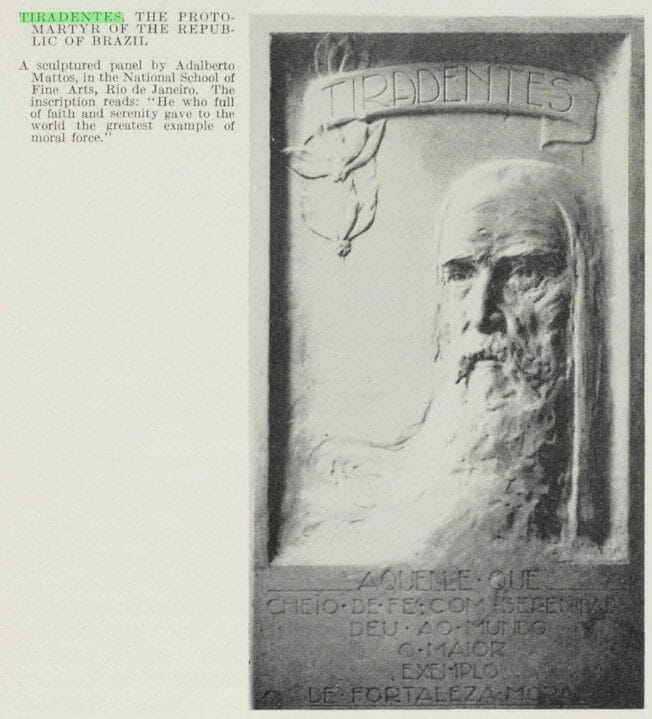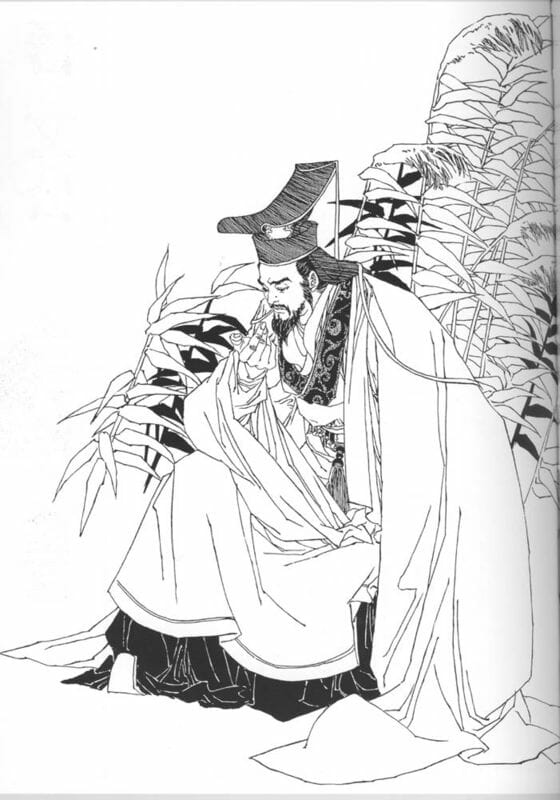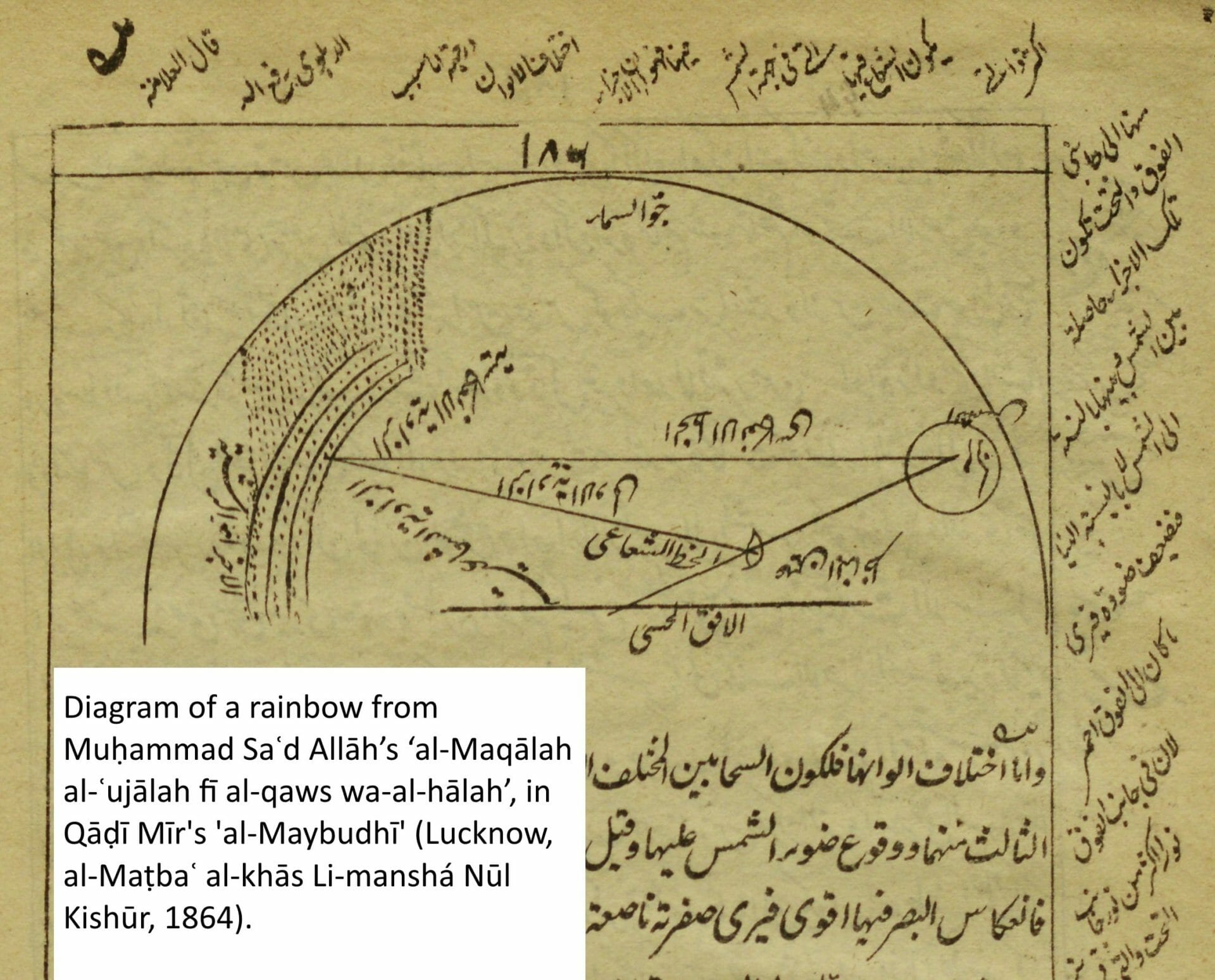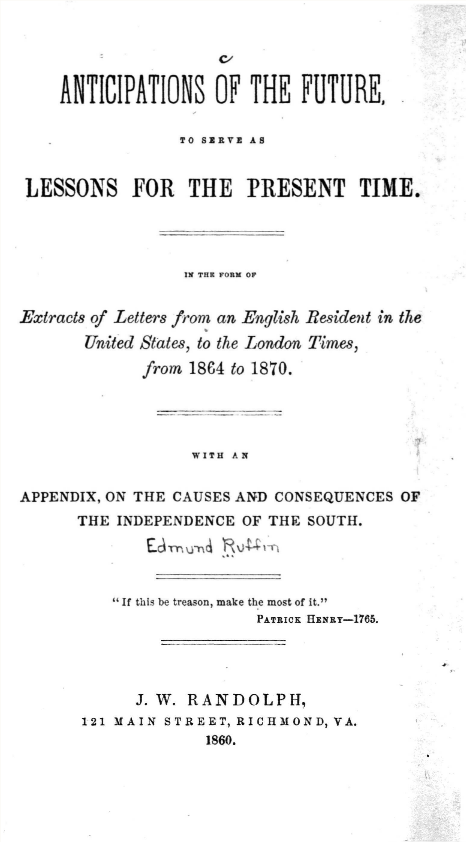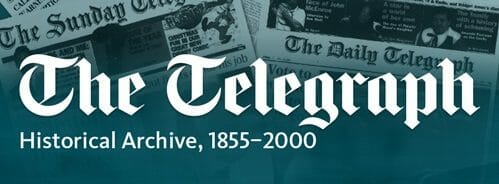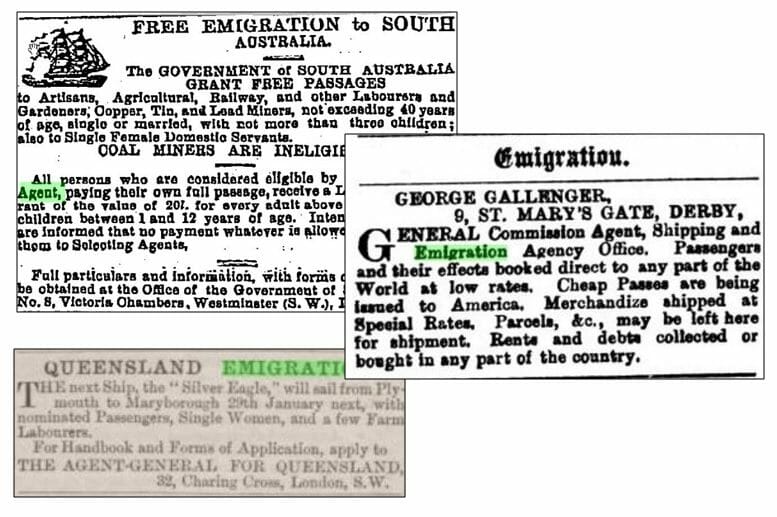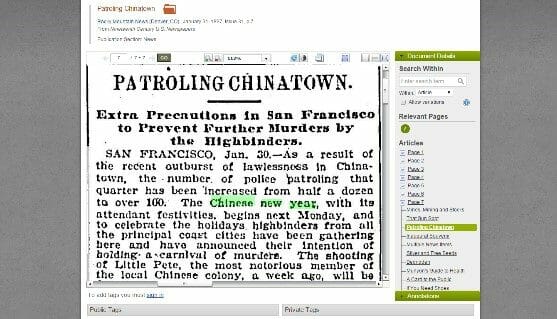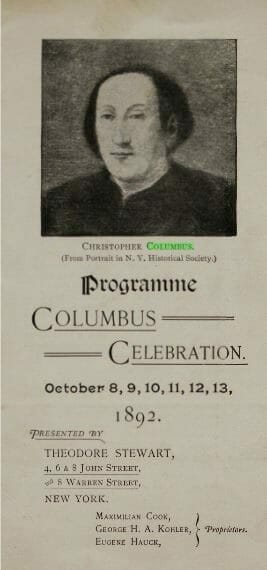| By Lourdes Mena, Marketing Manager for Latin America |
On 21 April, Brazil celebrates the Tiradentes Day, commemorating the anniversary of the death of Joaquim Jose da Silva Xavier (1792), considered by many to be the first martyr of the Republic of Brazil. But who is this man, who only began to be considered a national hero a century after his death? To find out more, we take a look through Brazilian and Portuguese History and Culture: The Oliveira Lima Library, one of the finest collections of Luso-Brazilian materials available to scholars.

